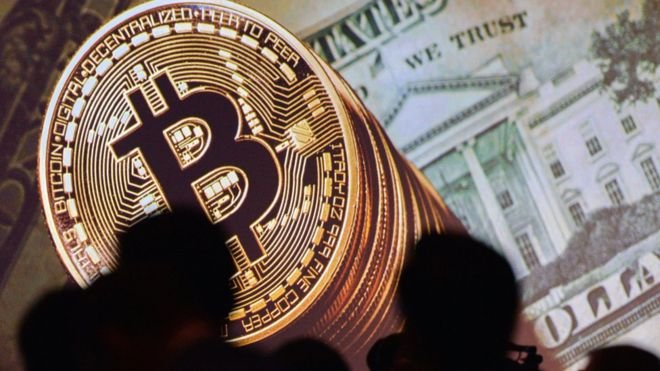
Rabat – A few days after the digital services company MTDS announced that it would accept Bitcoin as payment for the first time in the kingdom, Morocco’s Foreign Exchange Office and central bank have issued a public statement stating that transactions made via cryptocurrencies are banned and will be punishable by fines.
“Penalties and fines will apply to anyone engaging in transactions with foreign countries that do not go through authorized intermediaries or in foreign currencies not listed by Bank Al-Maghrib,” warned the Foreign Exchange Office in a statement issued November 20.
The institution added in its press release that cryptocurrencies work within a “hidden payment system that is not backed by any financial institution.”
It also emphasized that “the use of cryptocurrencies entails significant risks for their users,” as cryptocurrencies could be linked to illegal activities on the Web, in particular the purchase and sale of drugs, weapons, and ransomware.
For MTDS, the adoption of Bitcoin is one of “the innovative payment methods with high growth potential that allows customers, especially international, pay services directly by Bitcoin alongside other traditional methods of payment such as transfer and local and international bank cards,” explained CEO Karl Stanzick in a statement.
What is Bitcoin?
Bitcoin, of the English “bit” unit of binary information and “corner” coin, is a global cryptocurrency and digital payment system.
It is considered the first, and most famous, decentralized digital currency, as the system works without a central repository or single administrator. Instead, transactions are verified by network nodes and recorded in a public distributed ledger called a blockchain.
Although the blockchain registry is available for consultation at any time and provides an overview of all transactions that have been made via Bitcoin, the identity of users remains unknown for certain currencies like the Bitcoin.
Currently, the exchange rate of this cryptocurrency is worth more than USD 8000 against USD 0.1 when it was launched in 2009.
It is difficult to know the exact amount exchanged by Moroccans, the number of users, and their identity, due to the anonymity of transactions. However, it is estimated that transactions are at around USD 200,000 per day, which corresponds to 25 Bitcoins, according to the local bitcoin transaction website.
Initially, Bitcoin was mostly used by websites, but today more merchants and companies are accepting this payment method, including Microsoft. The same for entrepreneurs who seek funding for their projects through the cryptocurrency as an alternative to the stock market.
I suspect that Bitcoin (and Crypto as a whole) will survive just fine without Morocco.
Hi! I am a robot. I just upvoted you! I found similar content that readers might be interested in:
https://www.moroccoworldnews.com/2017/11/234382/bitcoin-morocco-cryptocurrencies-economy/